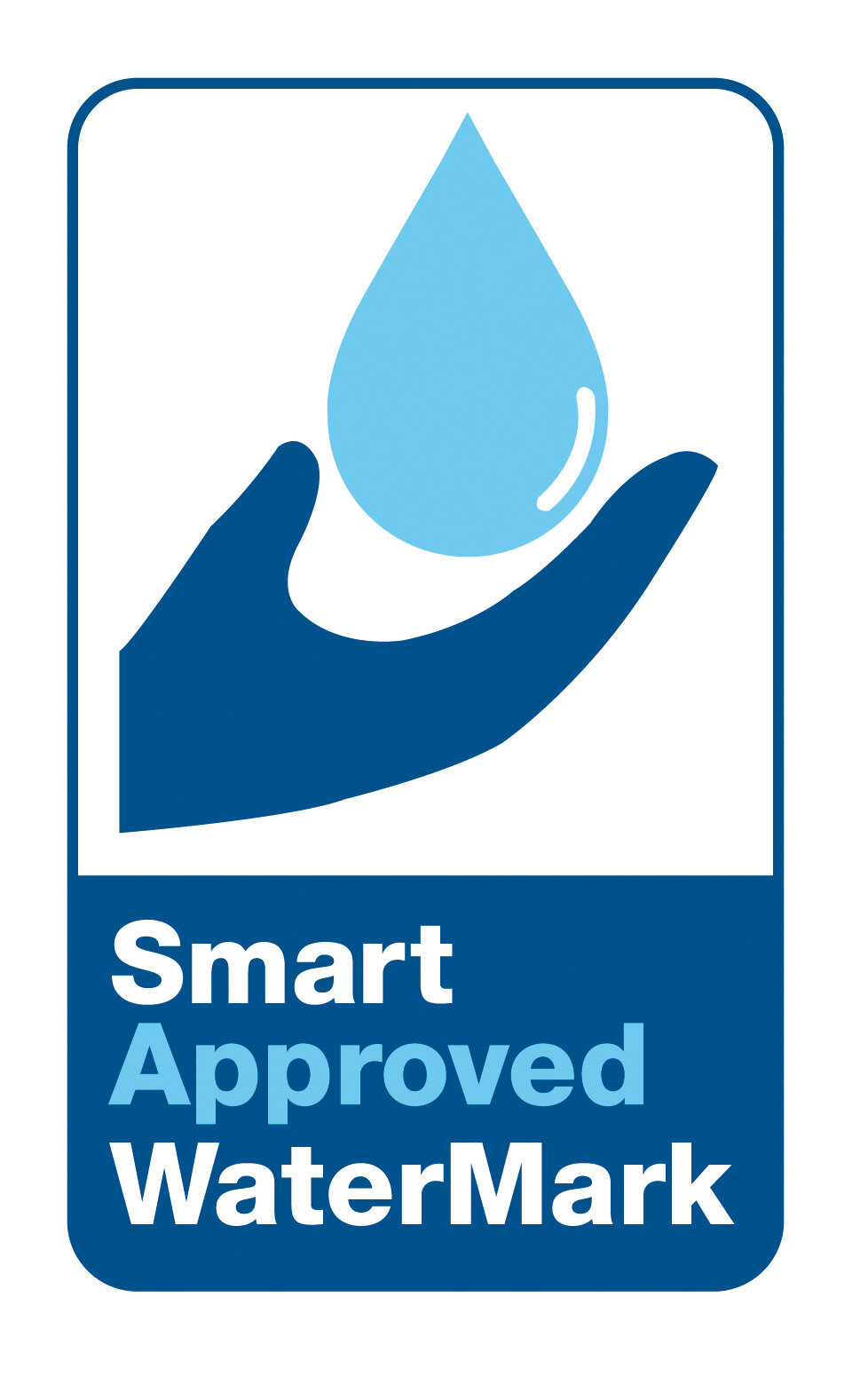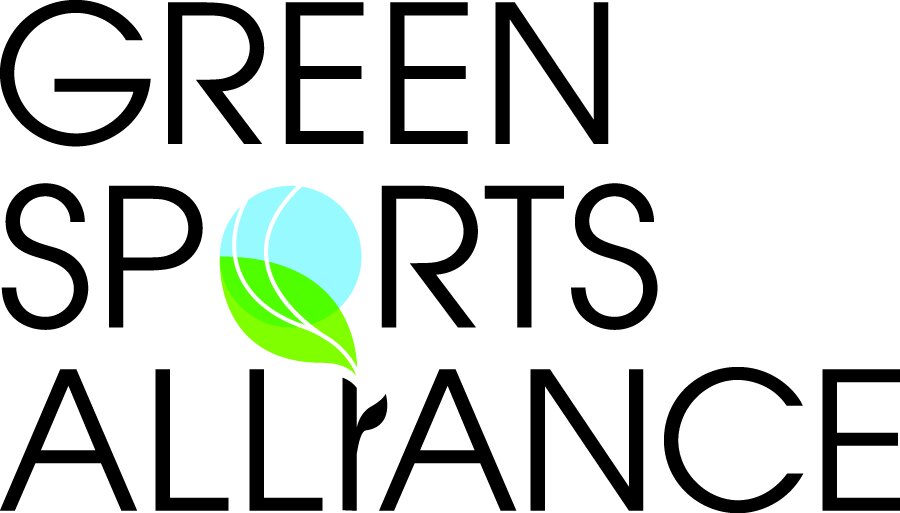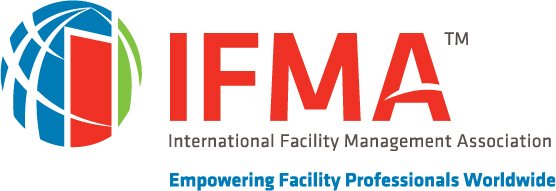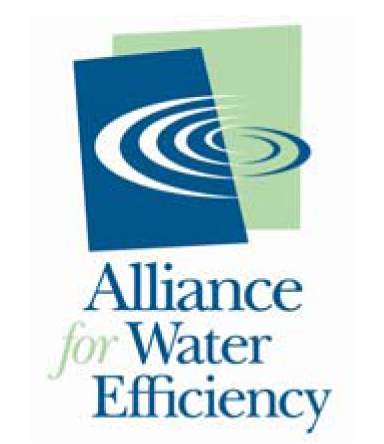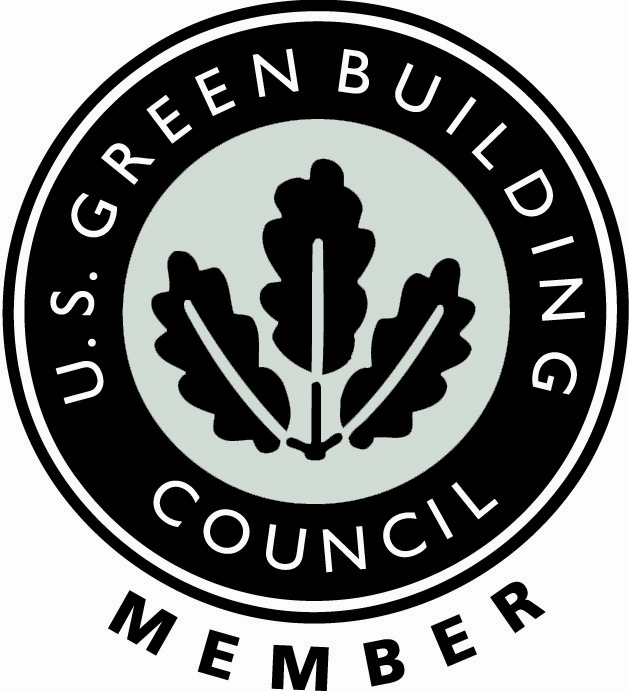When discussing water shortages and droughts, the conversation typically centers around the water restrictions imposed on citizens and businesses.
While most people can comply with these requests fairly easily, some people, particularly seniors in care facilities, often find adjusting to these water restrictions difficult.
Here are three ways administrators of senior care centers can help:
Education
Education is a crucial factor in raising awareness and motivating action among seniors who may be reluctant to change their water consumption habits. They usually think that water shortages are temporary and will soon be resolved by natural rainfall cycles.
However, this is only sometimes the case, as evidenced by the recent history of California, where a severe drought lasted from 2014 to 2018.
Plus, with the planet getting warmer, it means more areas of the world will experience water shortages.
That is why some experts warn that water shortages and drought conditions could be the new normal for many regions of the world. Therefore, administrators must inform seniors in their care about the reality and urgency of conserving water and using it more efficiently.
Faith
To help seniors feel less pressured about saving water, we need to show them that the facility is also taking steps to reduce its own water consumption. One way to do this is to tell them about the modern technologies that can help everyone in the facility conserve water.
Some of these technologies are simple. For example, a showerhead uses about four gallons of water per minute. Adding an aerator reduces this to 2.5 gallons per minute or less.
Other technologies are a bit more involved, such as switching from conventional toilets to high-performance toilets that use less water than the federal standard. Waterless or no-water urinals are another option. Waterless urinals use no water at all and save millions of gallons of water each year.
Realization
Finally, administrators must recognize that droughts can take a severe toll on a seniors' mental health. While the two steps just mentioned can help ease the situation, much more may be necessary. Mental health facilities and resources must be available to those impacted by drought.
Mood disorders caused by droughts can and have driven physical illness. This should not happen. Mental health care workers can help prevent this.
Klaus Reichardt is CEO and founder of Waterless Co, Inc, pioneers in advancing water efficiency. Reichardt founded the company in 1991 with the goal of establishing a new market segment in the plumbing fixture industry with water efficiency in mind. Reichardt is a frequent writer and presenter, discussing water conservation issues. He can be reached at klaus@waterless.com




